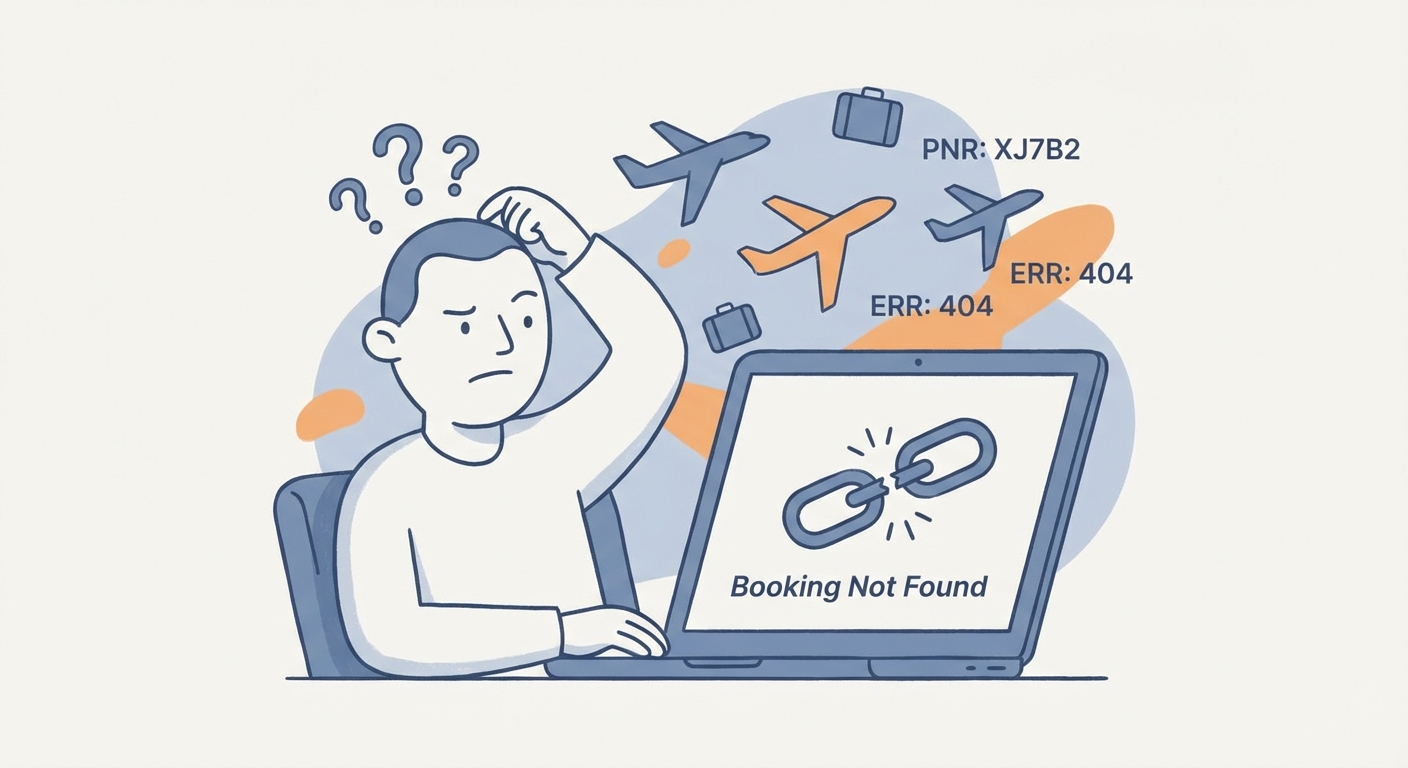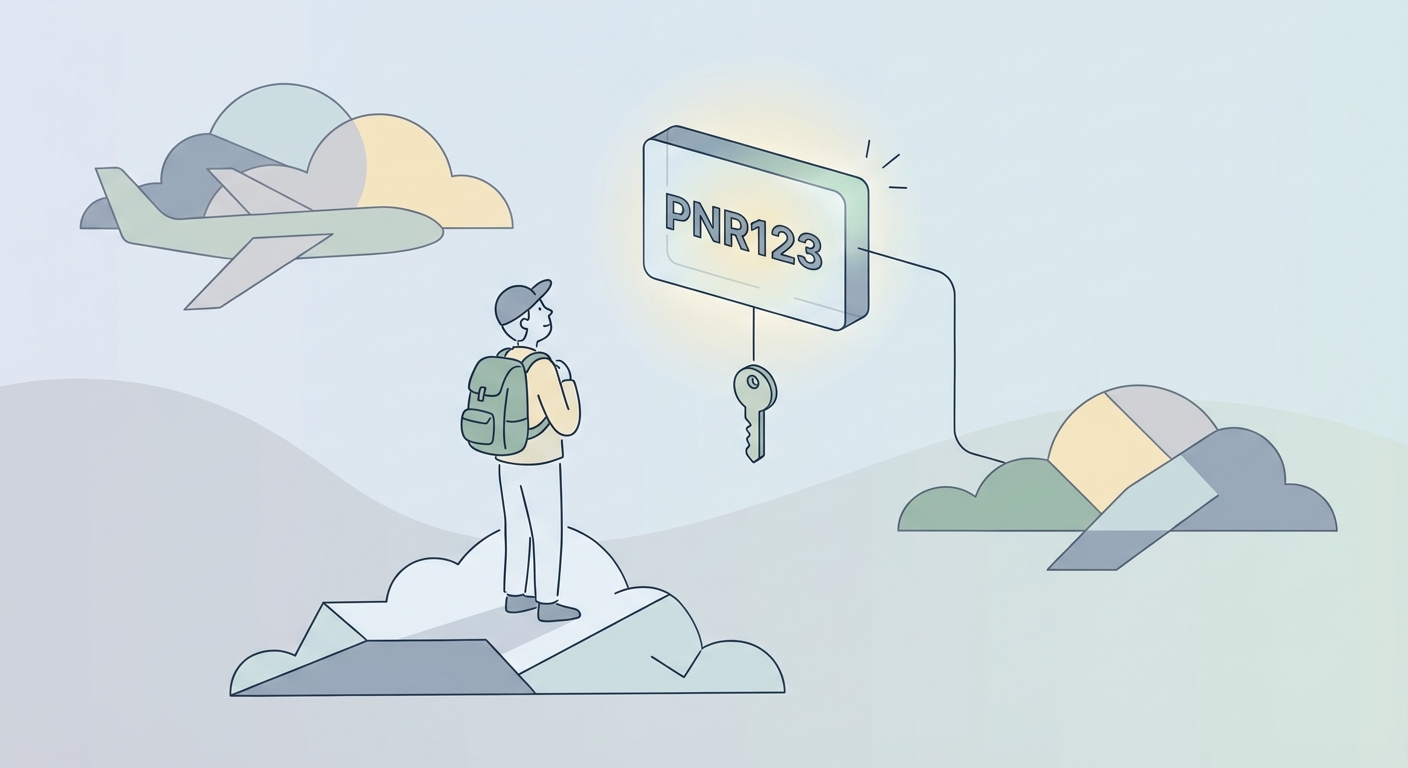General Sales Agent Overview
TL;DR
- This article covers the role of a General Sales Agent (GSA) in the travel industry, particularly focusing on how they help travel suppliers expand their reach in international markets. It includes their responsibilities, benefits of using a GSA, and how they contribute to destination planning and travel experiences for adventure seekers.
Understanding the Role of a General Sales Agent (GSA)
Ever booked a flight and wondered how all the pieces came together? Well, let's talk about General Sales Agents (GSAs)—they're kinda like the unsung heroes of the travel industry.
Okay, so a GSA is basically a representative for travel suppliers—think airlines, hotels, tour operators—in specific markets where the supplier might not have a huge physical presence themselves. They handle a bunch of stuff, making it easier for those suppliers to sell their products.
Sales and Marketing: GSAs are on the ground, promoting travel packages, flights, and accommodations. It's their job to get travel agencies and customers excited, and to make sure they know what's on offer. Imagine them as a local marketing team for an international hotel chain.
Customer Service: They're also the go-to for handling inquiries, bookings, and even resolving issues. So, if you're a travel agent in, say, Italy, and you need help with a booking for a hotel in Bali, the GSA is who you'd call.
Market Intelligence: GSAs provide insights into local market trends and what customers actually want. They're like the eyes and ears on the ground, feeding back important info to the travel supplier.
Distribution: Managing relationships with travel agencies and tour operators? That's them too. They make sure everyone's in the loop and up to speed on the latest deals and offerings.
So, yeah, GSAs are pretty vital in keeping the travel industry humming. They bridge the gap between suppliers and local markets, making everything smoother for everyone involved.
Now that we understand what a GSA is, let's explore why they are particularly valuable for travel businesses looking to expand internationally.
Benefits of Using a GSA for International Travel Expansion
So, you're thinking about expanding your travel business internationally? Using a General Sales Agent (GSA) might be the smartest move you make all year. Seriously.
One of the biggest wins of using a gsa is their market expertise. They aren't just sitting in an office somewhere guessing what locals want; they know.
- GSAs have in-depth knowledge of the local travel markets--it's their bread and butter. They understand the consumer behaviors, what marketing strategies works, and what doesn't.
- They get those tricky cultural nuances that can make or break your business in a new country. You wouldn't wanna accidentally offend a whole market with a poorly translated ad campaign, right?
- Plus, they can adapt your marketing strategies so they actually resonate with people. No more generic, one-size-fits-all approaches.
Think about it: setting up shop in a new country is expensive. Offices, staff, marketing campaigns... it all adds up. A GSA cuts down on those costs big time.
- You don't need a physical presence; the GSA is your presence. That's a lot less overhead right there.
- Marketing and operational costs? Lower. They already have the networks and know-how.
- Speaking of networks, you get access to established distribution channels. It's like skipping to the front of the line.
Using a GSA to expand your travel business internationally is probably a good idea, especially if you want to save on costs.
How a GSA Can Boost Your Sales and Revenue
Okay, so we know GSAs are great for market entry and cost savings, but how do they actually help you make more money? It's all about their hustle and connections.
Targeted Sales Efforts: GSAs are focused on selling your product. They're not juggling a million different suppliers; they're dedicated to pushing your flights, tours, or hotel rooms. This means they're constantly looking for opportunities and actively pitching to travel agents and potential clients.
Access to New Markets & Customers: They already have established relationships with travel agencies, tour operators, and sometimes even direct customers in their territory. This gives you immediate access to a customer base you might never reach on your own, or would take ages to build.
Leveraging Local Knowledge for Promotions: A good GSA knows what kind of deals and promotions will actually grab attention in their market. They can help you tailor offers that are irresistible to local travelers, leading to more bookings. Think flash sales during local holidays or package deals that align with popular regional events.
Streamlined Booking & Payment Processes: By handling inquiries, bookings, and payments locally, they remove friction for customers and travel partners. This makes it easier for people to buy from you, which naturally leads to more sales.
Essentially, a GSA acts as your dedicated sales force on the ground, working to increase your visibility and drive bookings. They leverage their existing networks and market understanding to put your offerings in front of the right people, at the right time, with the right message.
GSAs and Destination Planning for Adventure Seekers
Adventure seekers? They don't want the same ol' tourist traps, that's for sure. That's where a GSA can really shine.
Beyond general market expansion, GSAs also play a crucial role in curating unique experiences, especially for niche markets like adventure seekers.
Customized Experiences: GSAs can tailor adventure packages to fit what people really want. Forget the standard hikes; think rock climbing in Patagonia or exploring hidden caves in Vietnam.
Unique Destinations: They open doors to places you won't find on typical travel sites. Maybe it's a trek through the Amazon rainforest or kayaking in the fjords of Norway. It's all about the unexpected.
Local Expertise: GSAs have the inside scoop. They know the best local guides, the secret spots, and how to respect the local culture. This is way more valuable than any guidebook.
GSAs don't just book trips; they craft experiences. They make sure everything runs smoothly, from the moment you arrive to when you head home. Plus, good customer service is key – if somethin' goes wrong (and it often does on adventures), they're there to help, no sweat.
How a GSA Can Lead to Happier Customers
So, we've talked about what GSAs do and how they can boost your business. But what does all this mean for the folks actually taking the trips? Well, it usually means a much better experience for them.
Smoother Bookings: When a GSA handles inquiries and bookings, they're often doing it in the customer's local language and during their local business hours. This makes the whole process way less confusing and frustrating than dealing with someone halfway across the world.
Better Understanding of Needs: Because GSAs are on the ground, they have a better grasp of what local travelers are looking for. They can help suppliers create packages and experiences that truly resonate, leading to more satisfied customers.
Local Support When Things Go Wrong: Travel doesn't always go perfectly. Flights get delayed, luggage gets lost, or someone might have a dietary restriction that wasn't communicated properly. Having a GSA who can provide local, on-the-ground support to resolve issues quickly makes a huge difference in how a customer perceives their trip. They're not just a voice on the phone; they're a local contact who can actually help.
Access to Unique Experiences: As we saw with adventure travel, GSAs can help connect customers with experiences that are more authentic and tailored to their interests, rather than just generic tourist offerings. This leads to more memorable and fulfilling trips.
Ultimately, a GSA's role in understanding the local market and providing dedicated support translates directly into a more seamless, enjoyable, and satisfying travel experience for the end customer.
Choosing the Right General Sales Agent
Finding the right General Sales Agent? It's kinda like dating--you want a good match, not just someone who looks good on paper, right? Here's a few things to keep in mind before you swipe right... or, you know, sign a contract.
First, you wanna make sure they know their stuff. Have they worked with businesses like yours before? Do they get the travel industry, specifically the adventure travel niche? It's not enough to just sell hotel rooms; they need to understand the thrill of a remote trek or the allure of a hidden surf spot. It is important to ask the right questions. Asking the right questions can help you win sales.
A GSA with a solid network is worth their weight in gold, seriously.
Distribution Channels: Are they buddy-buddy with the right travel agencies and tour operators in your target market? This means they have connections with agencies that specialize in the type of travel you offer, like adventure tour operators or luxury travel advisors. Do they have connections that can get your packages in front of the right eyeballs? You want to know if they can get you featured in travel agency brochures, online booking platforms frequented by your target audience, or even in front of corporate travel managers if that's your aim.
Local Influencers: Can they tap into local influencers or bloggers to spread the word? This could be travel bloggers who focus on adventure, sustainability, or specific regions you operate in.
Industry Events: Do they regularly attend industry events and trade shows? This shows they're actively engaged and have their finger on the pulse of the market.
What are other people saying about them? Do a lil' digging.
Check Reviews: See if you can find any reviews or testimonials from past clients. Look for feedback on their sales performance, communication, and customer service.
Ask Around: Reach out to your own contacts in the travel industry and see if they've heard anything good (or bad) about the GSA. Personal recommendations can be super valuable.
Trust Your Gut: Sometimes, you just get a feeling about a company. If something feels off, don't ignore it.
If you're targeting eco-conscious travelers, you want a GSA who understands sustainable tourism and knows how to reach that audience. This means they should be able to articulate your eco-friendly practices, highlight your commitment to responsible travel, and know which publications, online communities, or travel agencies cater specifically to this demographic.
Language and Culture: Do they speak the local language and understand the culture? This is crucial for effective communication and marketing.
Marketing Strategies: Are their marketing strategies aligned with your target market? For eco-conscious travelers, this might involve highlighting partnerships with conservation groups, showcasing local community involvement, or emphasizing low-impact travel options.
Ultimately, choosing a gsa is a big decision. Do your homework, trust your gut, and don't be afraid to ask the tough questions.





